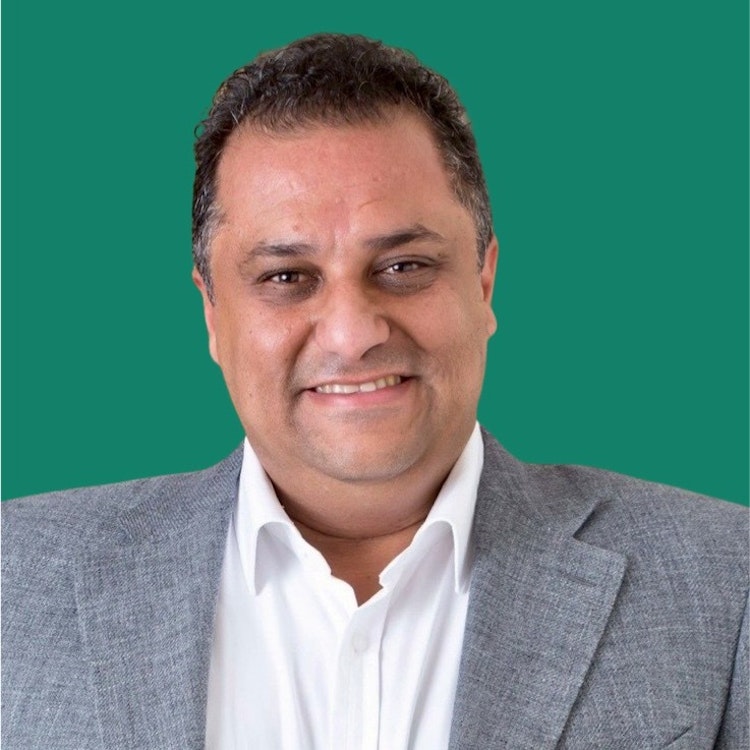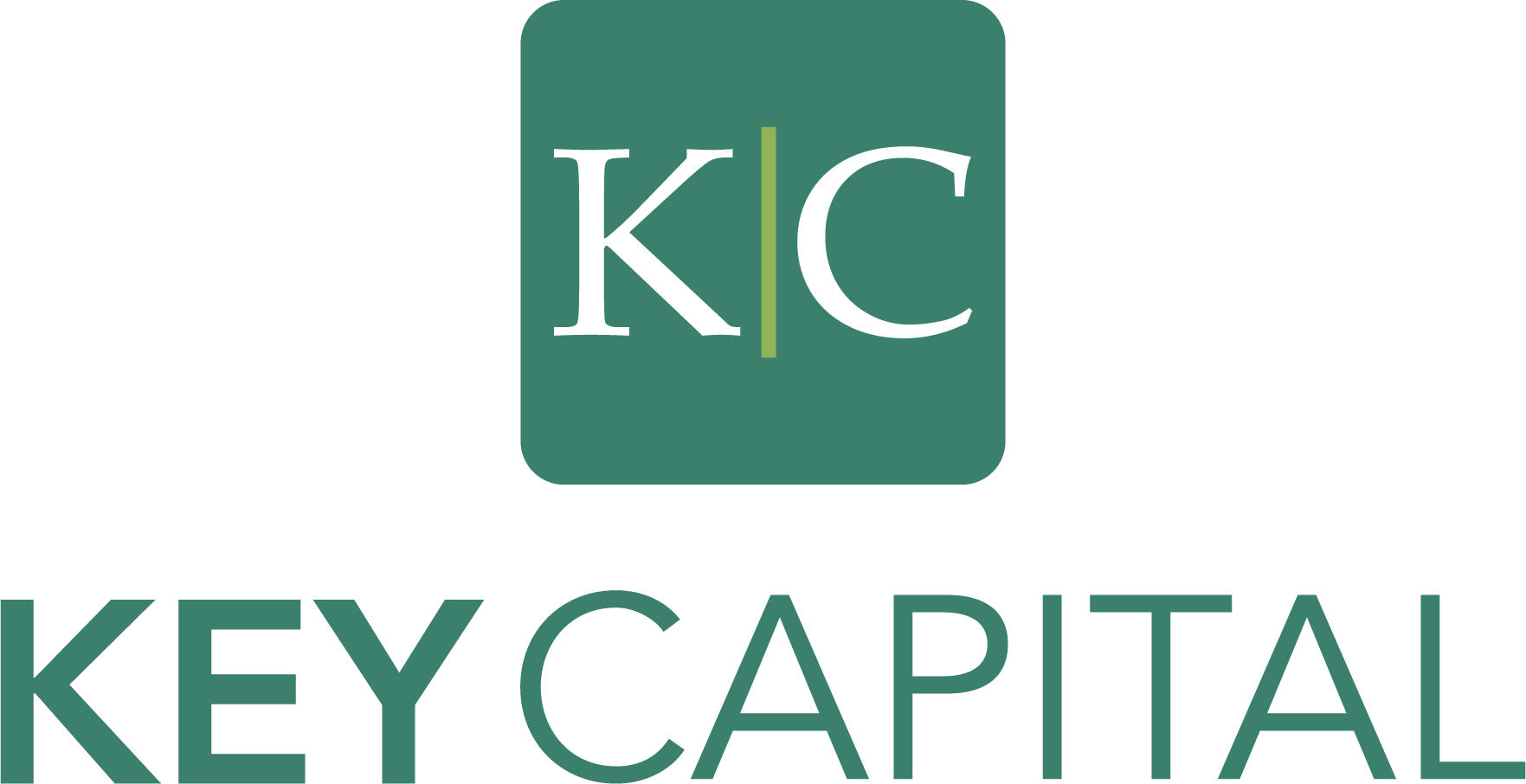The Gulf has emerged as a major investment hub for European startups, having pumped $3bn into Europe's high-growth tech businesses last year according to Dealroom — a near fivefold increase from 2018, when these countries invested just $627m.
Clearly opportunities abound — but what exactly are Middle Eastern investors looking for in European startups?
To find out, our panel of expert founders and investors took to the virtual stage, discussing the benefits, challenges and nuances the region presents. Our speakers were:
- Basil Moftah, managing partner at Key Capital, a Middle Eastern investment firm
- Sophia Parvizi-Wayne, founder of Kanjo, a predictive AI-based mental health app
- John Hartley, CEO of Levidian, a climate tech startup that helps businesses decarbonise
- Mihai Mărcuță, cofounder of NodeShift, a decentralised cloud provider
Here are the key takeaways from the panel:

1/ Understand the region’s benefits
Moftah noted that over the past five years, the tech sector in the Middle East has experienced a boom in investment.
Parvizi-Wayne’s startup, Kanjo — which uses AI to pre-diagnose mental health conditions and was initially based in the UK — is one such example. With family in Dubai, she was approached by Abu Dhabi's Early Childhood Authority to help tackle rising concerns in the region. Kanjo is now headquartered there, with a partial presence still in London.
For climate tech startup Levidian, the move was strategic. “We asked where in the world we could have the biggest impact. With its vast gas reserves and methane emissions from oil and gas operations, the Gulf was the obvious choice,” said Hartley.
But for Mihai Mărcuță of NodeShift, the decision to relocate from San Francisco to Dubai was driven by the high costs of the Bay Area. Dubai's lower expenses, high quality of life and multicultural environment were big draws.
For $300k in Dubai, you can get proper square footage and a much better quality of life in terms of services. You can easily travel to Europe and Southeast Asia.” — Mihai Mărcuță, NodeShift
2/ Shoot for the stars when it comes to investment
Parvizi-Wayne offered advice on fundraising: “It’s really not that easy. There's this illusion that Gulf-based investors are less sophisticated because the ecosystem is more nascent, but that’s wrong. If anything, there is significantly more due diligence.”
Hartley agreed, adding: “Think big. Middle Eastern investors don’t do things small. If you raise money, raise a decent amount. If you’re ambitious, aim high and show your potential.”
Given this, Moftah cautioned against treating Middle East investors like those from the West.
The old way of doing business was when people sat down and had discussions. They’re interested not just in what you can do but in who you are, your story and what you're looking to achieve.” — Basil Moftah, Key Capital
3/ Rely on personal referrals, not cold outreach
But how do you get investors from the Middle East to respond?
“Don’t email. I get 10-15 emails a day, and it's hard to respond to them all. Don’t use LinkedIn either — it’s not the best way to introduce yourself, even if you think your idea is unique,” said Moftah. “You need a referral from someone who knows both sides well.”
But for those without a network, Hartley said it’s still worth exploring the Gulf: “get on a plane and talk to people in person. That might get your foot in the door.”
Parvizi-Wayne added that even when you have an established relationship, it can be challenging getting a reply.
If your LinkedIn says you're based in London and there's no evidence that you're going to the region for anything except money, why would anyone invest? Optics count.” — Sophia Parvizi-Wayne, Kanjo
4/ Use accelerators to know who to trust
How can startup founders avoid being scammed? Moftah recommended using accelerators or investment groups to find trustworthy founders if you’re an early-stage founder.
I highly suggest using an accelerator or one of the investment groups. There's Dubai Angel Investors in Dubai, OQAL in Saudi and Acasia Group or Cairo Angel Investors in Egypt.” — Moftah
5/ Be prepared to relocate talent and offer competitive packages
Mărcuță noted that NodeShift often looks for staff abroad and relocates them to Dubai, explaining that while there is considerable talent in the region, they tend to be expensive.
Hartley sought to hire an Emirati to run Levidian’s operations, but due to the abundance of job opportunities for talented locals, it was difficult. Instead, they hired an experienced British expat with a strong network.
In terms of lifestyle, Mărcuță added that the conservative nature of the Middle East is not a problem for most people.
What they cared about was, ‘Finally, I can have affordable childcare,’ or ‘Finally, I can access a good school for my kids,’ and ‘Finally, I don’t have to worry about my safety when I go outside.’” — Mărcuță
6/ Take advantage of fewer legacy constraints
The panel said there are opportunities in digitising and modernising an emerging economy with fewer legacy systems.
Parvizi-Wayne explained that working with the National Health Service (NHS) in the UK on her product involved navigating long, costly regulatory hurdles. In the UAE, she found more flexibility to innovate as new systems were being built. “Our work in the UAE opened doors in the NHS,” she said.
Hartley emphasised the importance of aligning your startup with the strategic interests of The Gulf region. He said the pitch, business plan and technology must be top tier.
If you can play into the Gulf’s strategic themes — if you can say, ‘Look, we are part of the next wave of industrial decarbonisation and energy system transformation’ — you're going to open doors.” — John Hartley, CEO of Levidian
Like this and want more, including directions to the Middle East’s key strategy docs? Watch the full Sifted Talks here:





